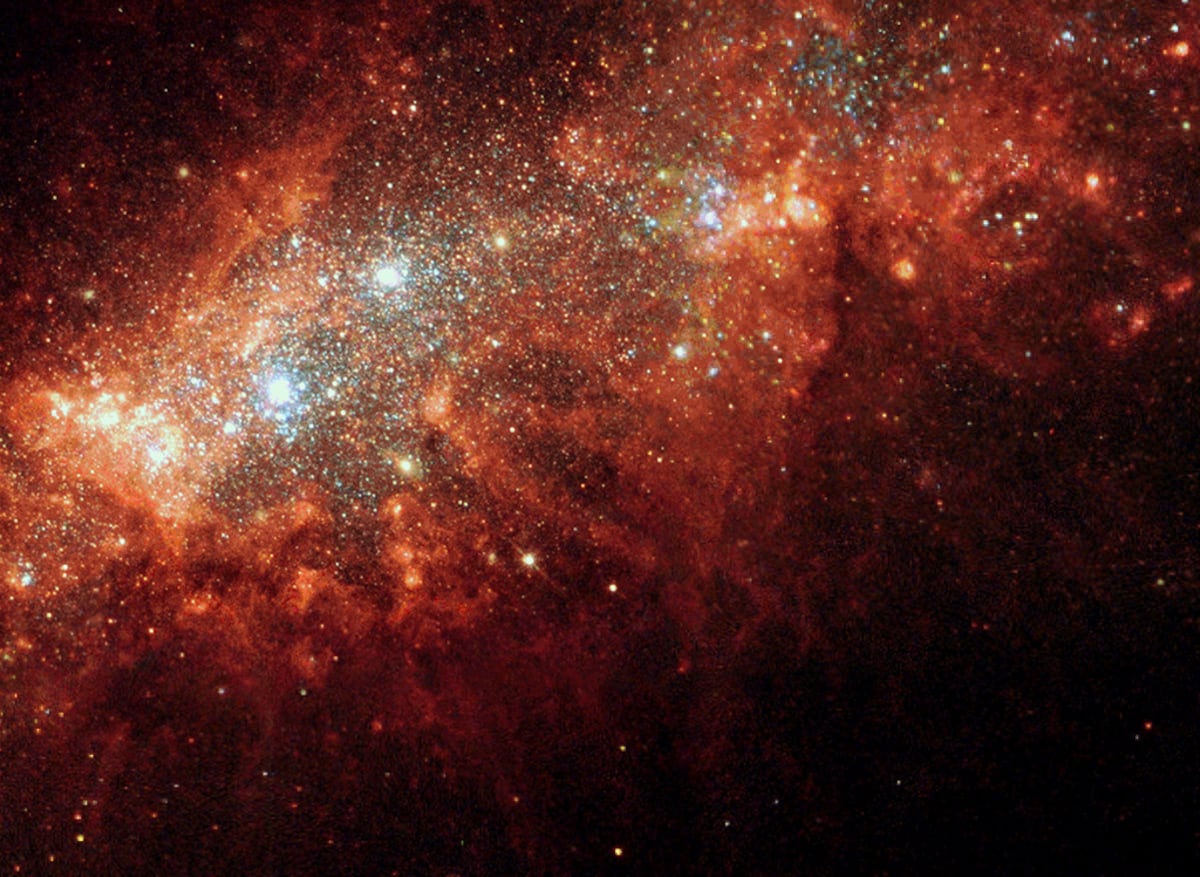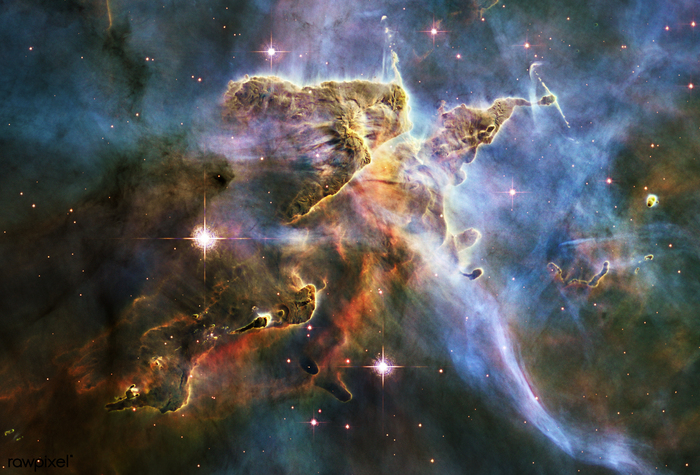We don't know where the matter that gave rise to the Big Bang came from. What is considered the Big Bang model that explains the evolution of our universe and what we observe today fail to explain just the beginning of the cosmos. Why is this so? Because the description is based on the equations of general relativity that explain gravitational interactions. That is, they explain why the cosmos expands. But it is a classic description, that expansion of the universe depends on its content of matter and energy. As you may know, in the relativistic description, energy and matter are interchangeable concepts. What happens is that the rest of the interactions between particles, when we go to very small distances, do have a quantum description, but gravity does not.
So because of that lack of quantum description of gravity, when we get closer to that initial instant where everything is there in a very small, very hot, very dense volume and very close to time equal to 0 — which is the same as saying very close to the initial singularity — we think that the quantum effects of gravity have to play a role. But there is still no theory that describes it.
What the Big Bang model assumes is that what we see today, the entire structure of the universe formed by the fundamental particles, was already from the beginning. What we don't have is the answer to your question, where do they come from. We don't know. What we do know is that they were there, so when we make models of the origin of the universe, we put them there. But we don't have any theory that explains where they came from. What does exist are different hypothetical alternatives to explain it. One of them is that the universe is cyclical with no beginning or end. But these are not theories, they are some ideas that have been proposed.
According to the Big Bang theory, we should not exist
The problem with knowing what happened at that initial moment in the universe is that we are limited when it comes to observing it. With the technology we have today, we still do not have access, neither direct nor indirect, to those initial moments. That is why we are not able to elaborate a theory that can describe that initial moment and that singularity and, therefore, that allows us to know where the matter that was there in that first moment came from. We think that the quantum corrections of gravity are the ones that will have an important role to explain it, but we still do not know what these quantum corrections of gravity are.
But the truth is that little by little we get closer to that moment, so presumably there will come a day when we will be able to describe it. For example, the James Webb Space Telescope, which launched two years ago, is now giving a lot of information about the initial instants in which stars began to form. Oddly enough, we did not have access to that part of the evolution of our universe until now. With direct observations, the farthest back we can get is to the time when the microwave background was decoupled. And now, for several years, what we have are observations of gravitational waves.
With these observations, the collision of black holes has been seen so far. But if quantum corrections of gravity or some other phenomenon such as a certain period of inflation that we also assume took place in that first instant gave rise to gravitational waves, the goal is to be able to observe them, which would give us a vision of that first instant. This is not going to happen in the very near future, but science is like that, we ask the right questions and look for the answers. So it is possible that at some point we will be able to answer your question.
Mar Bastero Gil is a tenured professor and researcher at the High Energy Theoretical Physics Group (FTAE) of the University of Granada.
Question sent by Alfredo Javier Navarro Cortés
Coordination and writing: Victoria Toro
We Respondis a weekly scientific consultation, sponsored by the Esteve Foundation and theL'Oréal-Unesco program 'For Women in Science', which answers readers' questions about science and technology. They are scientists and technologists, members of AMIT (Association of Women Researchers and Technologists), who answer these questions. Send your questions to nosotrasrespondemos@gmail.com or Twitter #nosotrasrespondemos.
You can follow MATERIA on Facebook, Twitter and Instagram, or sign up here to receive our weekly newsletter.



/cloudfront-eu-central-1.images.arcpublishing.com/prisa/BI4VNORLKVHTLF4MEMPC3K27QE.jpg)





